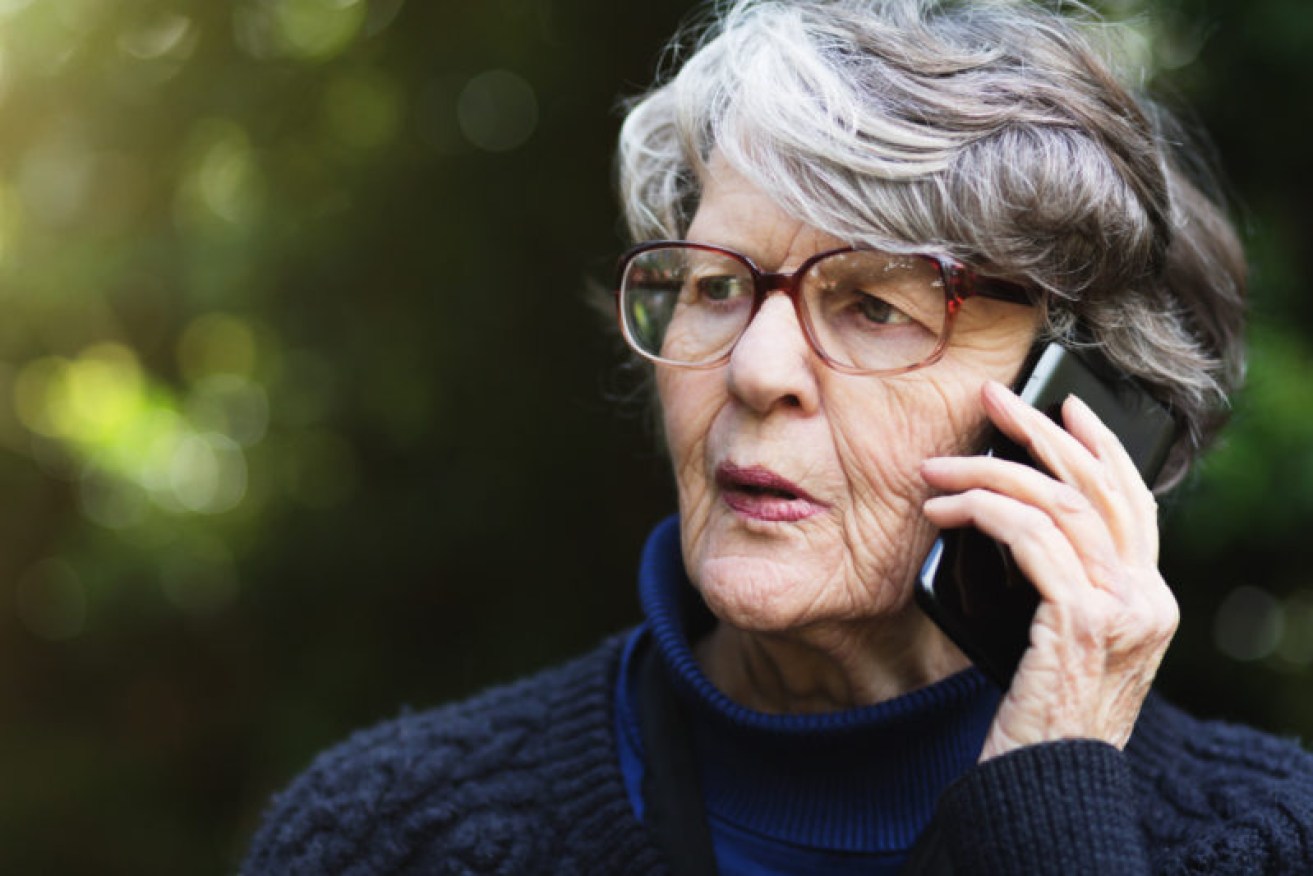This shock plan would see retirees having to buy their pension from the government


Pensioners would react badly to demands they buy their pension. Photo: Getty
Growing inequality and an ageing population could require radical retirement reforms, such as forcing retirees to buy their pensions from the government, the Actuaries Institute (AI) believes.
In a research paper issued before Treasurer Josh Frydenberg’s review of Australia’s retirement system, AI chief executive Elayne Grace said the review ought to include “the age pension, superannuation, the family home, aged care and health costs”.
Among the proposals put forward was a plan that would see everyone given a full age pension, but those with significant assets would cash these in to “buy” the pension.
This would “require retirees to use a proportion of all their financial assets to ‘buy’ that proportion of the Age Pension to which they are not entitled, and then pay the full amount to everyone”, the report said.
“For example, if the age pension is worth $800,000 for a couple, then a couple with $1 million of assets at retirement would use $800,000 to buy a full age pension. Those with lower assets would have part-pensions, which would be topped up to full pensions, by a similar purchase at retirement.”
National Seniors chief executive John McCallum said the idea “does not stack up as probable strategy politically”.
“I don’t see how it would work without compulsion, and there are now 50 per cent of pensioners who see the pension as a right, not a last resort, and that number is growing,” Professor McCallum said.
“Why would people want to do it if they knew they could spend the $800,000 and then go on the pension?”
Rising housing inequality
The report also identified that the number of people retiring with a mortgage is increasing.
“There is an impending wave of retirees who will enter retirement as renters because home ownership has remained elusive. This higher proportion of renters is likely to persist across future generations unless housing affordability improves considerably.”
One of the authors of the report, David Knox, a senior partner with superannuation advisory Mercer, told The New Daily that “many retirees, and single women in particular, are retiring in poverty”.
“Addressing that should come not so much through the aged pension but by increasing the rental allowance, especially for people in the private rental market,” Mr Knox said.
Overall inequality is rising across the board, the report warns.
The wealthiest 10 per cent of people hold more than 1.5 times the wealth outside the superannuation system than the middle 10 per cent, and “this disparity is expected to increase to five times in 2038”, it found.
Aged care costs spiralling
As the population ages, the cost of caring for the elderly is rising far quicker than the costs of the age pension.

The Commonwealth currently meets around three-quarters of total costs of aged care, and individuals meet less than one-quarter.
Individuals are often asked for large upfront payments that can lead them to sell the family home.
“We need a system that’s much better integrated between aged care, superannuation, the age pension and the family home,” Mr Knox said.
“To make the system simple and [make] viable the upfront payment for age care, a possible reform could be to replace the upfront payment with regular payments for some people,” he said.










